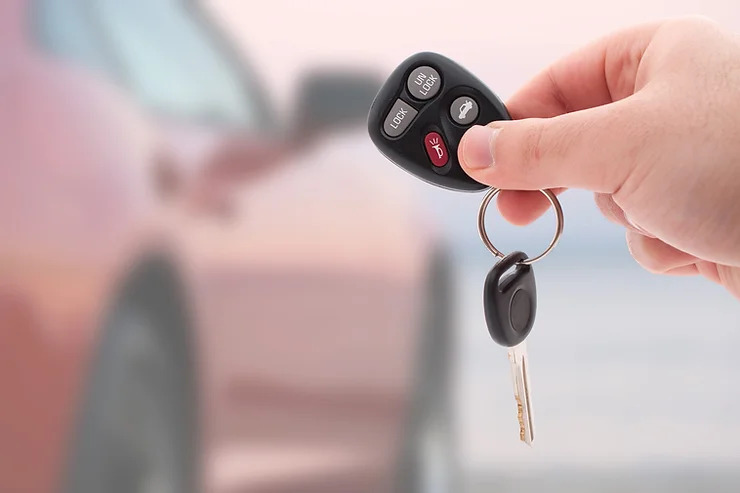- Free Consultation: (844) WIRTH-LAW Tap Here to Call Us
Drivers License Revocations: Eligibility for Reinstatement vs. Permits

This article discusses whether a revoked driver can request full reinstatement at an Illinois Secretary of State hearing, as well as permit eligibility in cases where reinstating a drivers license is not available or deemed appropriate by the Secretary of State.
The term, “Reinstatement Eligibility,” refers to the first date that a revoked driver is eligible to request full driving privileges at a hearing. If they have had their Illinois driving privileges revoked by the Secretary of State, they will be required to attend a hearing to obtain a restricted driving permit or reinstatement. The basis for the revocation will determine if they require a formal or informal hearing.
Five-Year BAIID Permits
For persons with two or three DUI convictions, they will be subject to a five-year BAIID permit, regardless of eligibility, before they are able to request full reinstatement. The five-year rule does not count DUIs that resulted in supervision or a reduced charge.
One notable exception to five-year permit is when a revoked driver resides out-of-state. A revoked driver that resides out-of-state, and is eligible for full reinstatement, may apply to reinstate their license without serving a five-year permit. However, the applicant must show proof of out-of-state residency to proceed with a hearing and they must license themselves in their home state if they are approved for full reinstatement.
Hardship Permits
If a revoked driver is not eligible for reinstatement, they may be able to request a hardship permit for specific driving needs if no reasonable alternative means are available. Hardship permits can be granted for a variety of reasons, such as work, school, community service, family education, daycare and attendance at support group meetings.
When applying for a hardship permit at a hearing, a revoked driver must prove, by clear and convincing evidence, that there is no reasonable alternative means of transportation available, that they will not endanger the public safety and welfare, and that an undue hardship will result if they are not issued an RDP. 92 Ill. Adm. Code 1001.420(a)(1).
Probationary Permits
If a person is eligible for full reinstatement, the Secretary of State can issue a probationary permit even if the revoked driver is eligible for full reinstatement.
Many revoked drivers believe that if they simply request full reinstatement only, the Secretary of State has to reinstate them. This is not accurate. The Secretary of State reserves the discretion to issue a restricted driving permit to applicants who are eligible for reinstatement at the time of their hearing. 92 Ill. Adm. Code 1001.420 (a)(2)
If a person is granted a probationary permit, the applicant should drive on the permit for 75% of its length before requesting full reinstatement of their license. A probationary permit is typically granted for one year, which means that 75% of the term encompasses a nine-month period of safe driving. When determining whether an applicant has met their burden of safe driving during a probationary permit, the Secretary of State looks to many factors, including whether they had tickets for moving violations, BAIID violations and/or an accident in which they were at fault during the term of their permit.
Prior to attending a Secretary of State hearing, a revoked driver should consult with an experienced drivers license reinstatement lawyer to determine their eligibility for driving relief and develop a strong strategy for presenting their case at a hearing. The information in this article is not legal advice. Every case is different. Our office provides free consultations if you would like us to review the specific facts of your case.







